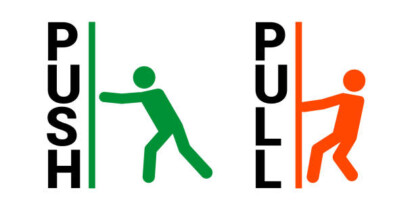Greetings, dear learners! At Debra Stevens Training & Coaching, we understand the significance of challenging conversations at work. Whether you’re a leader steering your team through change, an HR professional addressing concerns, or a salesperson trying to close a complex deal, preparation is crucial. Today, we’ll delve into some effective strategies to prepare yourself mentally for those tricky talks.
Understanding the Purpose
Before diving into any challenging conversation, it’s vital to understand the reason behind it. Why is this discussion important? What outcome are you hoping for? By defining your purpose, you give the conversation direction and clarity. It also provides a compass when emotions run high. Remember, it’s not just about airing grievances or making demands. It’s about arriving at a mutual understanding.
Anticipating Reactions
It’s likely that the other person might have a different perspective. So, imagine their potential reactions. By doing so, you’re not caught off-guard, and you can tailor your approach. We encourage you to consider various scenarios, both positive and negative. Being prepared for a range of responses ensures you remain calm and composed.
Practising Active Listening
A big part of any conversation is listening. But it’s not just about hearing the words; it’s about understanding the sentiment behind them. We advocate for active listening. This means paying full attention, not interrupting, and paraphrasing to confirm understanding. When you truly listen, you not only gain valuable insights but also show the other person that you value their perspective.
Empathy is Your Ally
Walking in another person’s shoes isn’t just a saying—it’s a strategy. By trying to understand the emotions and reasons behind the other person’s stance, you foster an empathy-driven approach. This doesn’t mean you have to agree with them, but understanding where they’re coming from can soften defences and pave the way for a constructive dialogue.
Equip Yourself with Conflict Resolution Tools
Conflicts are natural in challenging conversations. Instead of avoiding them, equip yourself with tools to address them head-on. Techniques like the ‘win-win’ approach, where both parties seek mutual benefits, or the ‘agree to disagree’ stance, can prove beneficial. The aim is not to ‘win’ the argument but to reach a shared understanding.
Building Trust is Paramount
Trust is the foundation of any productive conversation. If the other party trusts you, they’re more likely to be open and receptive. Build this trust by being genuine, transparent, and consistent. Remember, trust is not built in a day, but actions like honouring your word, showing respect, and demonstrating reliability can foster it.
In conclusion, the art of navigating challenging conversations is a skill we all can master with the right mindset and techniques. We, at Debra Stevens Training & Coaching, believe in empowering you with the tools you need to succeed. Remember, it’s not the challenge of the conversation, but how you prepare for it, that makes all the difference. Happy conversing!




